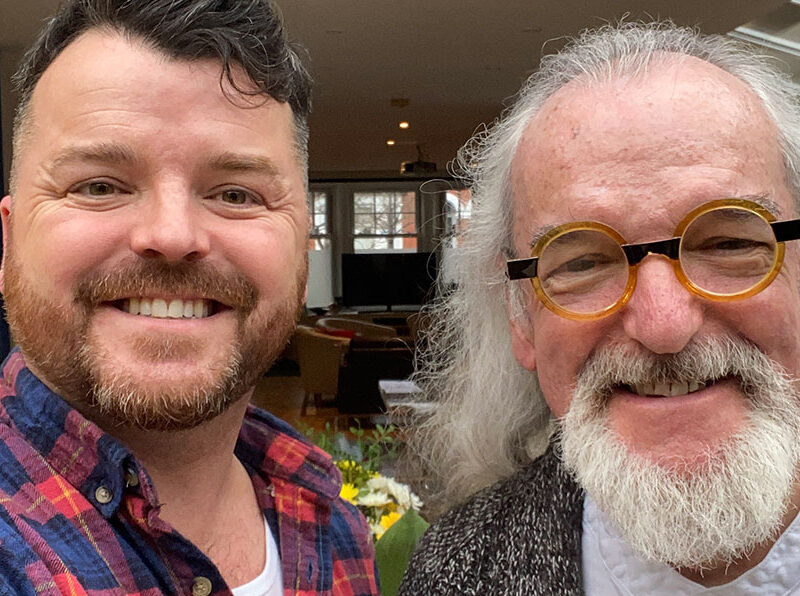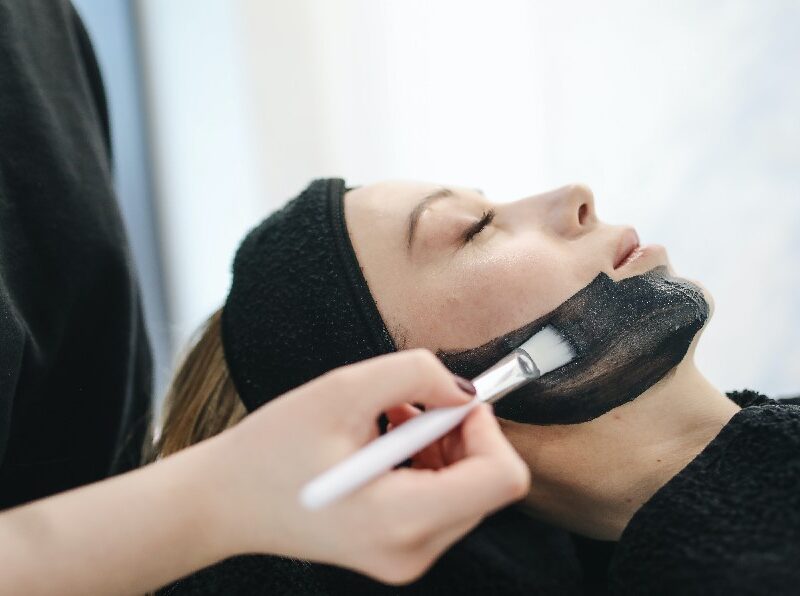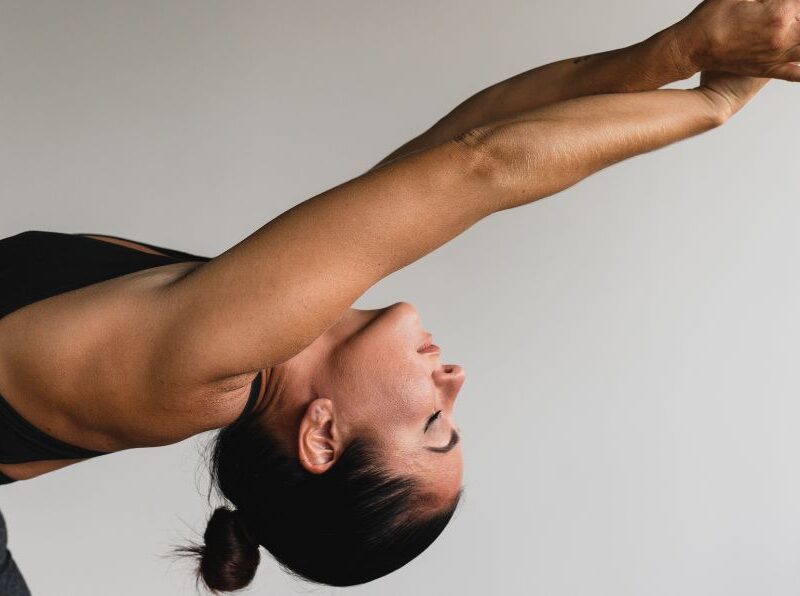
How to sleep
Getting some shut eye is essential to our health and wellbeing but at the moment it can feel particularly elusive
Cara de Lange, an international expert on burnout, talks of her experience of relearning how to sleep…
Many people are dealing with stress, anxiety and overwhelm at the moment and it is causing some disrupted night’s sleep. I would like to reassure you that you are not alone. I would also like to reassure that we can learn again to sleep.
During my burnout, I started suffering from insomnia; actually, I think this had sneaked into my life once my first daughter was born and I went back to a stressful job. I struggled to get to sleep and woke up at 5am every morning; it felt like Groundhog Day! I was desperate to ‘solve’ it and one day I was talking about insomnia to a personal trainer at my local gym. He told me he had suffered night terrors and recommended a wonderful sleep and energy expert. Her name was Dr Nerina Ramlakhan and she taught me that sleep can actually reflect what is going on in your life. Given the fact I was going through a burnout, it was hardly surprising that my sleep took the first hit.
Nerina encouraged me to take a different approach to sleep. I learned to ‘re-name’ it and call it ‘rest’. Calling it rest is to ‘mentally’ take the pressure off and to give your body and mind the signs you are ready for ‘rest’ mode
I learned that I could not ‘control’ sleep. I learned many amazing techniques from Nerina when I found it hard to settle down at night but also when I felt anxious during the day. For example, using yoga poses and breathing exercises. I soon noticed an improvement. However, the most important thing I now know about sleep is to simply let it be. You can’t control it in any way.
Interestingly, Roger Ekirch, author of Day’s Close: Night in Times Past, and a scientist and historian at Virginia Tech University, discovered the concept of segmented sleep. His research found that before the Industrial Revolution, humans slept in two separate segments at night. He discovered that people went to bed when it got dark at 8 or 9pm and woke up again around midnight. This was the time that most people used to have something to eat, meditate or pray. Then, they went back to sleep until the early hours of the morning. With the coming of artificial light and the Industrial Revolution, people started living on a time ordered schedule and slept in one long stretch. But it can help put things in perspective when you wake up in the middle of night, to remember the fact that humans historically did not always sleep in one long stretch. They followed nature’s rhythm of night and day.
Here are a few tips that I have found can help me sleep better at night:
- Practise meditation in the evenings
- Don’t worry if it you can’t get to sleep or are waking up early – remember that your body is resting
- Make sure that you don’t have your phone next to your bed. I switch my smartphone off two hours before bed and leave it to charge downstairs
- Avoid alcohol and caffeine. I have found that cutting out both of these regularly has improved my sleep no end.
- Make sure there is low lighting in the room.






